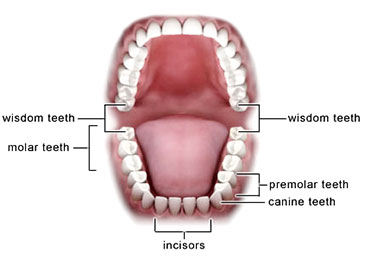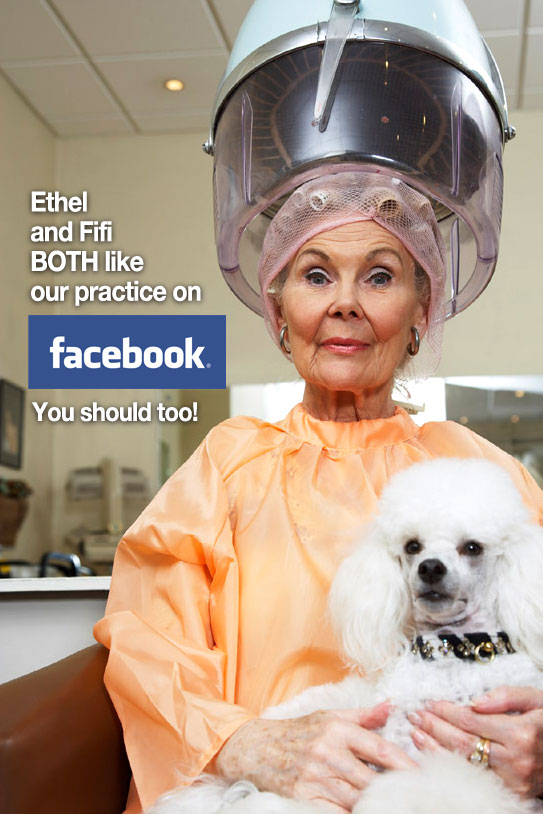ON THE LIGHTER SIDE… We all love teeth, right? You love them because they help you nourish yourself without using a blender, and they certainly make your smile less creepy than it would otherwise be.
At Lake Oconee Dentistry, here in Greensboro, we don’t just love teeth—we love YOUR teeth. Your teeth, your smile, and your complete oral health are interesting and important to each member of our team. Our doctors know that you will likely never share our level of enthusiasm for great oral health (nor would it be normal for you to do so). However, modern science continues to connect the dots between your oral health and your overall health. So it’s not only important to be concerned about how your teeth affect your appearance, but it’s also important to understand all of the things that go on inside your mouth.
In part, that’s why we’ve implemented (and integrated) a number of social media tools to help us stay connected with you, our valued patients. Any dental practice can make claims about how satisfied their patients are by launching a static website with a bunch of “filler” information.Boring. Here at Lake Oconee Dentistry, we’ve created a dynamic online environment where we can interact with you and learn how to serve you better—and have a little fun along the way.
Fun? A dental practice… fun? YES! What’s cool about connecting with us through social media is that it’s honest, transparent, and spontaneous. The best way to BE ASSURED you’re with the right dentist is by getting to know us in this untraditional, and “un-staged” way. The fact is, we all prefer associating with people we ENJOY being around. It’s just human nature. YOU’LL get to know our practice culture better, and WE’LL get to know YOU better too.
So, stay in touch with us. Ask us questions. We promise to be responsive.If you haven’t had a chance to LIKE our Facebook page, now would be a great time BY CLICKING ON THE IMAGE BELOW:






 OK… THIS WAS JUST GOOD OL’ FASHIONED FUN! As many of you know, we recently ran a little drawing in our practice for a brand new, shiny, cool Apple iPad! And we want to sincerely thank ALL of our friends who LIKED our page and entered the drawing.
OK… THIS WAS JUST GOOD OL’ FASHIONED FUN! As many of you know, we recently ran a little drawing in our practice for a brand new, shiny, cool Apple iPad! And we want to sincerely thank ALL of our friends who LIKED our page and entered the drawing.